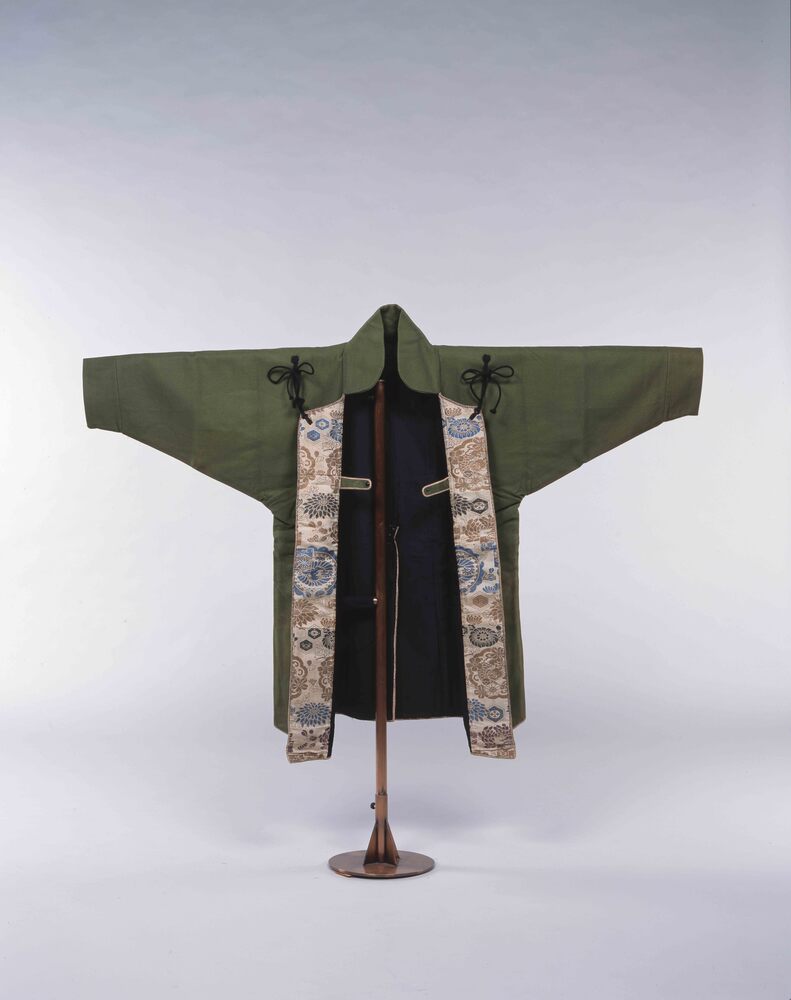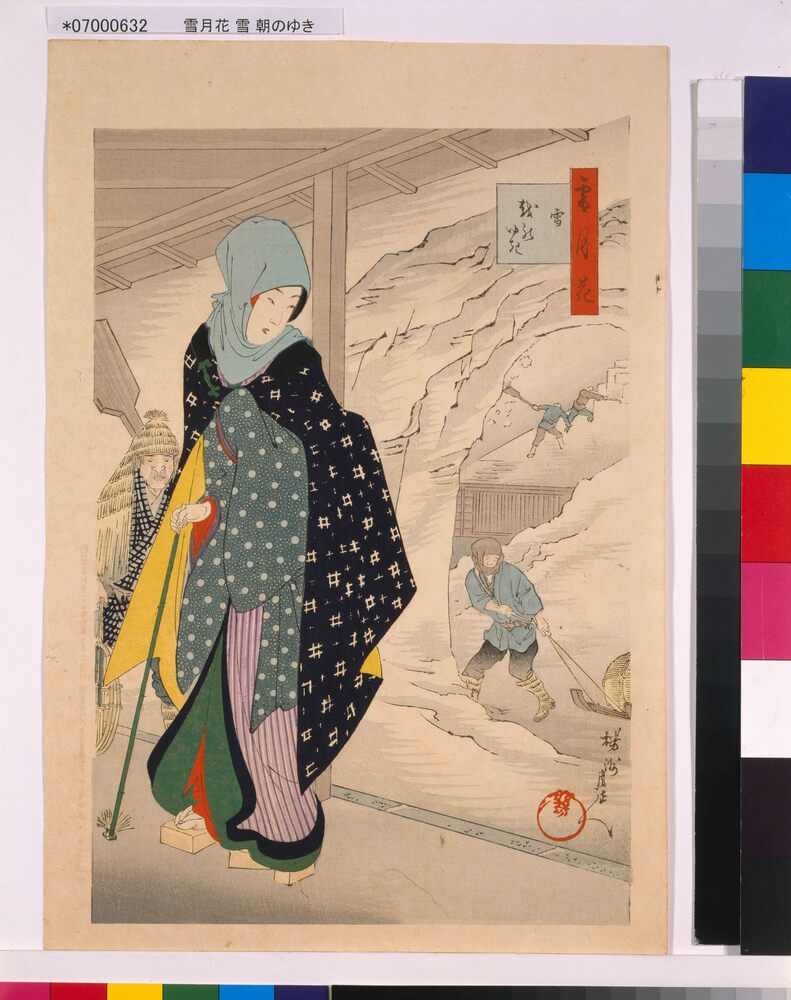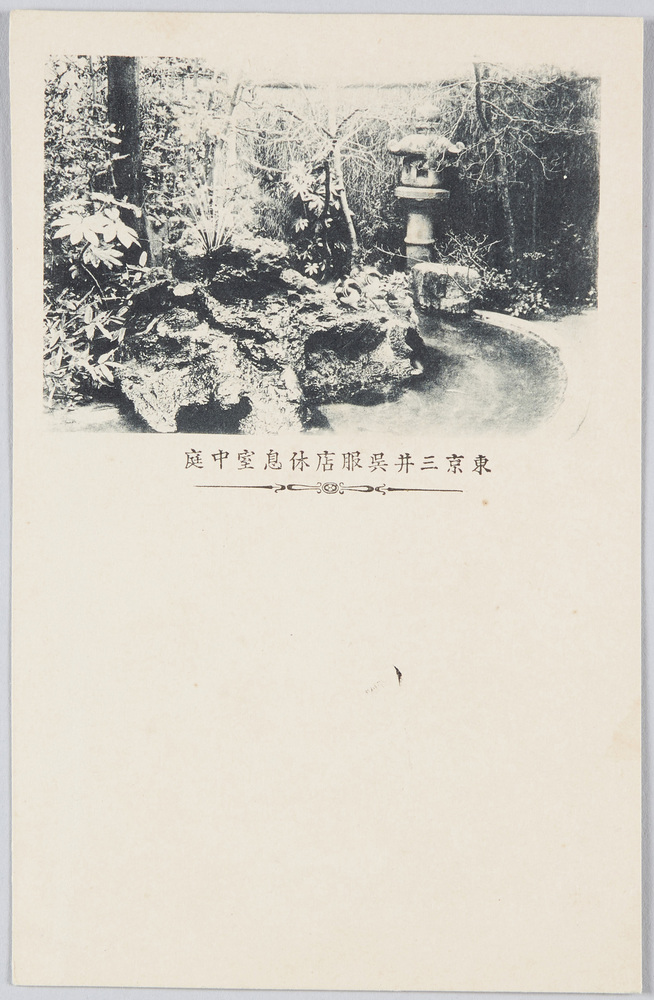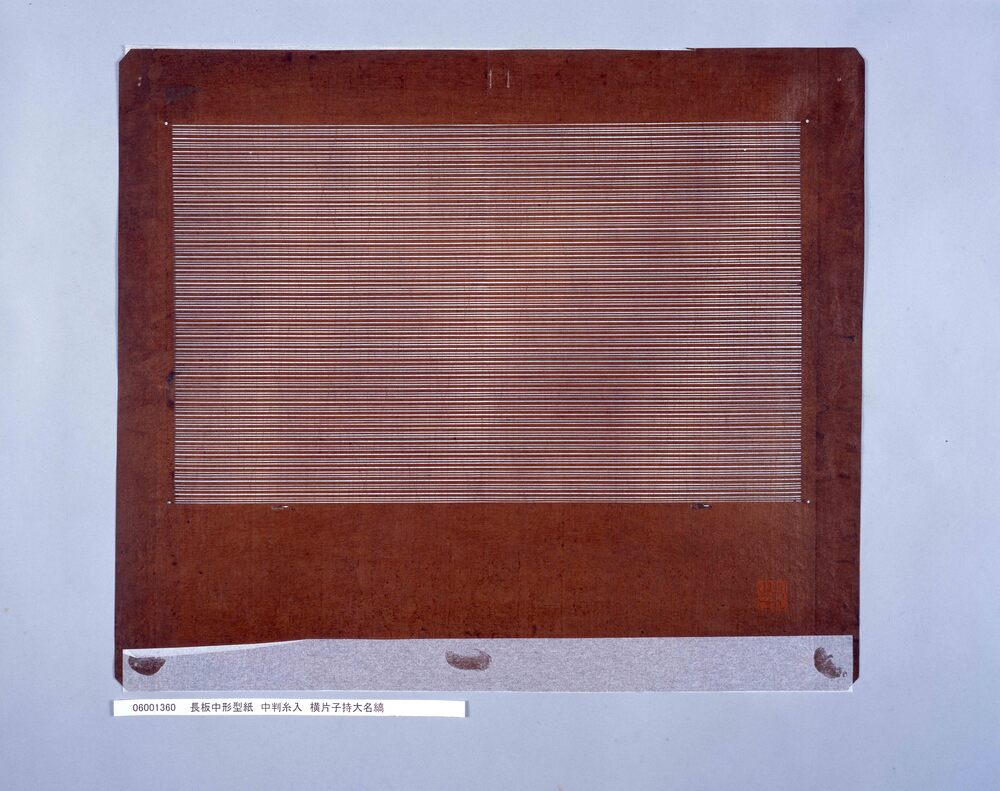
- Collection of
- Edo-Tokyo Museum
- Title
- Yellow-green Raxa Overgarment for Training
- Collection ID
- 14200050
- Category
- Craft
- Creation Date
- 19世紀
- Size
- 93cm x 68.4cm x 36cm
- Edo-Tokyo Museum Digital Archives
- https://www.edohakuarchives.jp/detail-864.html
Other items of Edo-Tokyo Museum (159830)

Tokyo Grand Kabuki Performance, September 1936 Tour Synopsis, Tokyo Grand Kabuki Ōichiza
Edo-Tokyo Museum

Kokumin Shimbun, Evening Edition
Edo-Tokyo Museum

Edo-Tokyo Museum

Inokashira Park
Edo-Tokyo Museum

Patio of the Break Lounge in Tokyo Mitsui Gofukuten
Edo-Tokyo Museum

One-sen Coin
Edo-Tokyo Museum

Private Document
Edo-Tokyo Museum

Newspaper Clipping: “Kosazuke Kagura (Shinto Music and Fertility Dance)”
Edo-Tokyo Museum

Kaiga Sōshi (Journal of Traditional Japanese Paintings), Vol. 182
Edo-Tokyo Museum

Tegara
Edo-Tokyo Museum

10 Yen Postcard
Edo-Tokyo Museum

Edo-Tokyo Museum

1 Sen Tin Coin 14
Edo-Tokyo Museum

Document of Laws
Edo-Tokyo Museum

Document of Laws
Edo-Tokyo Museum

Senjafuda (Votive Slip)
Edo-Tokyo Museum

